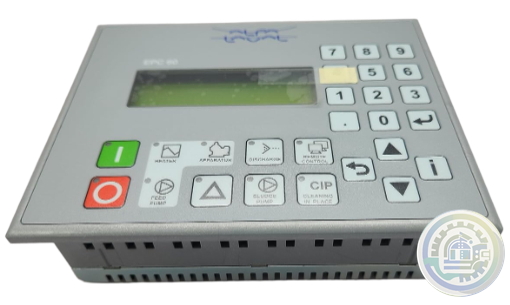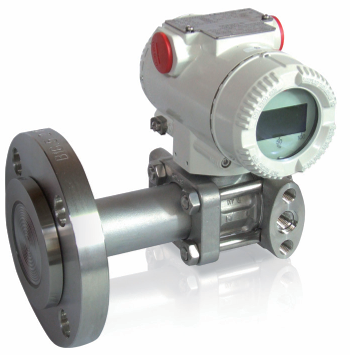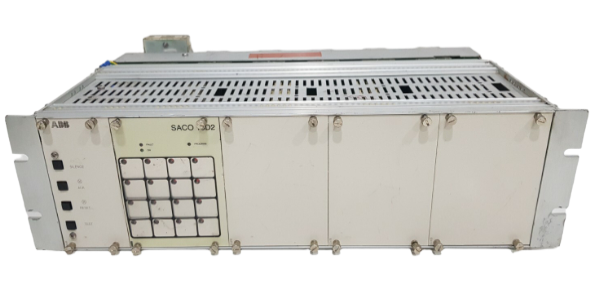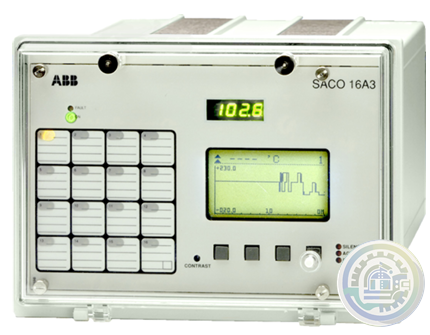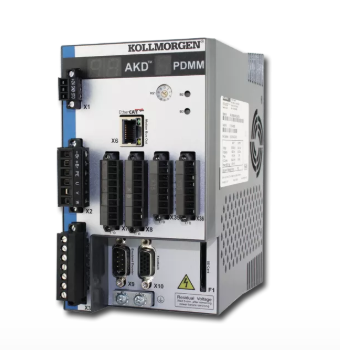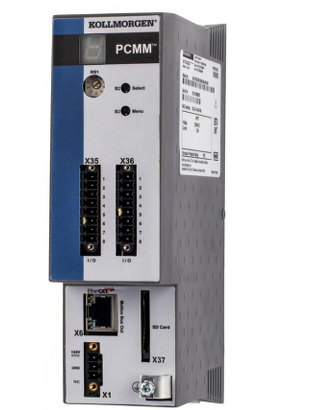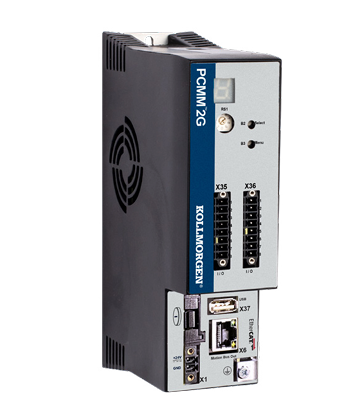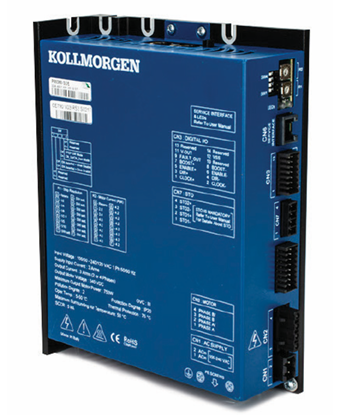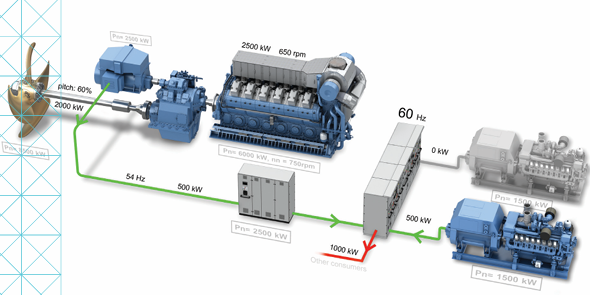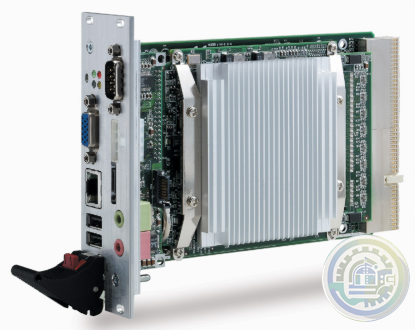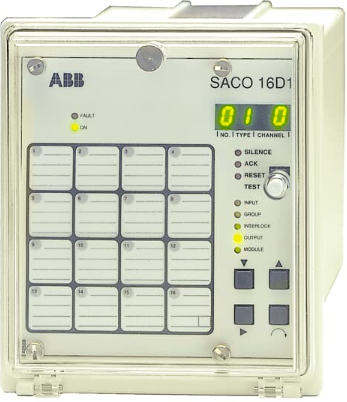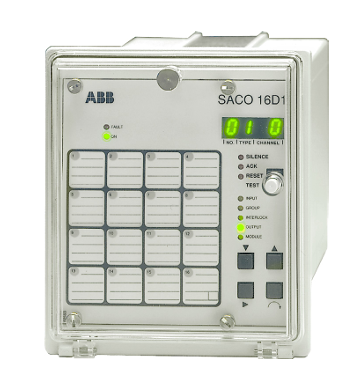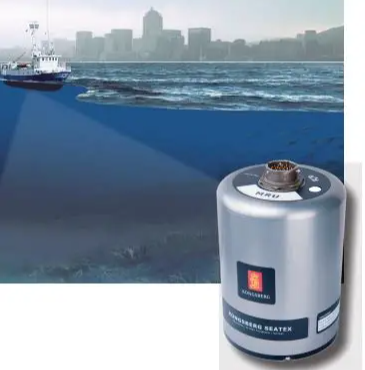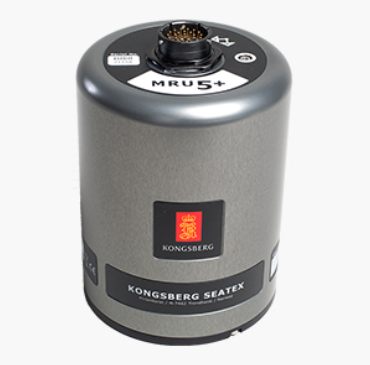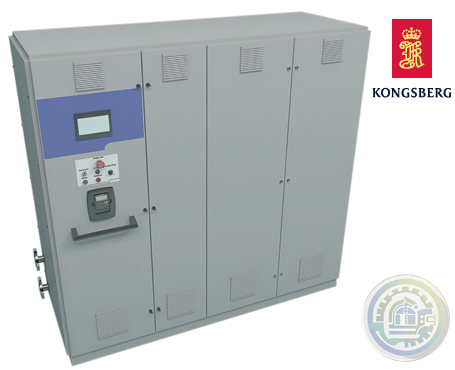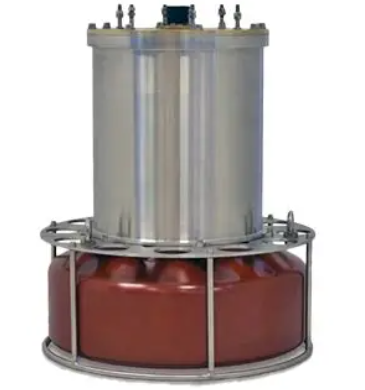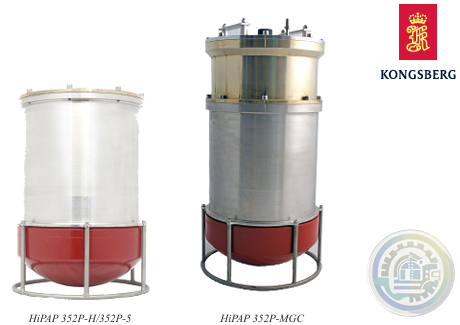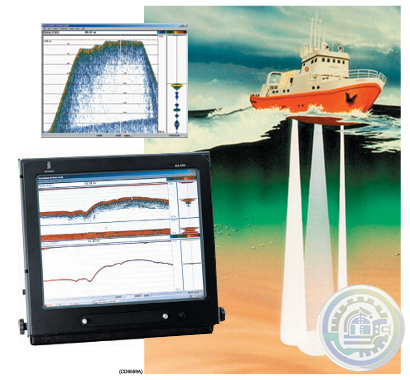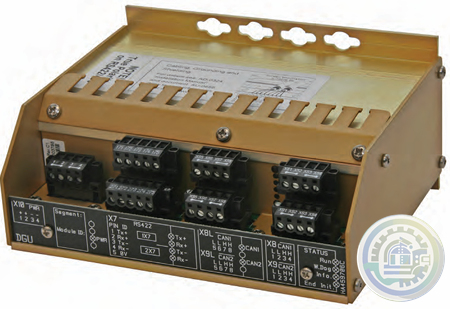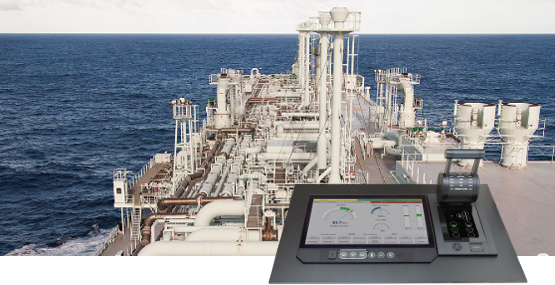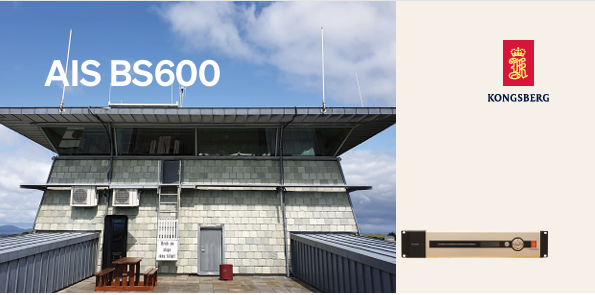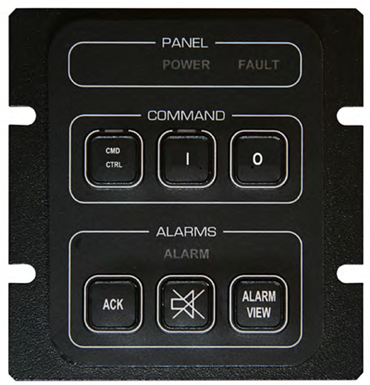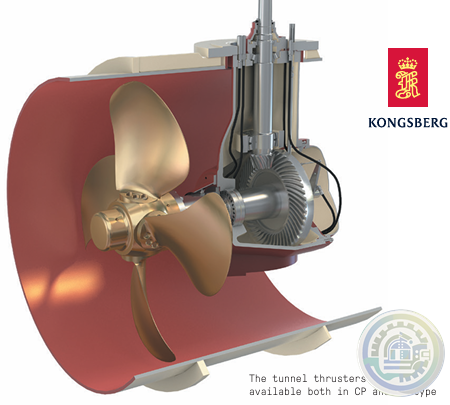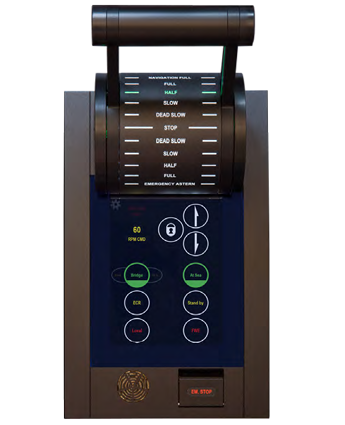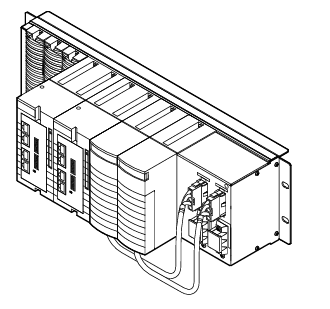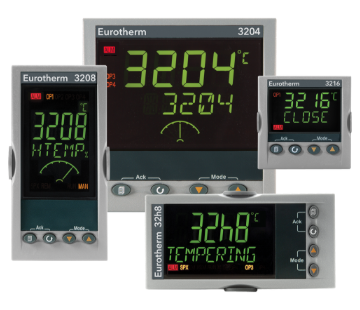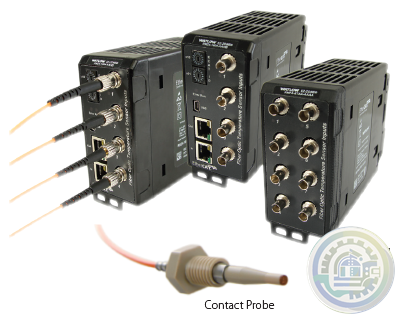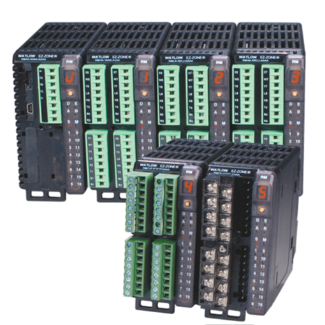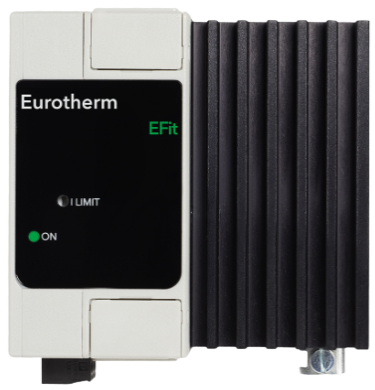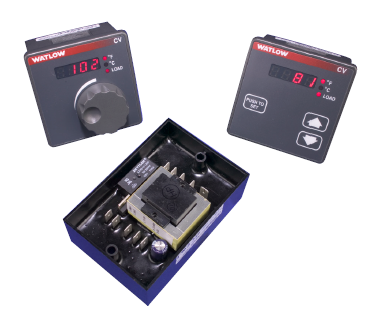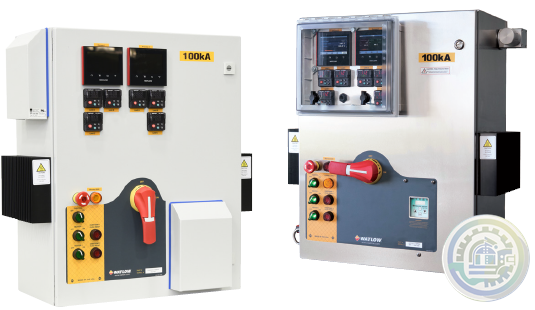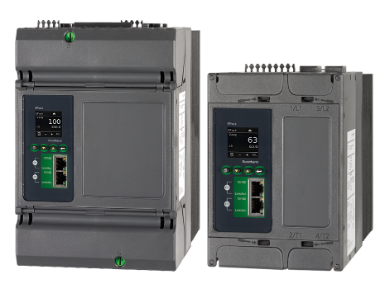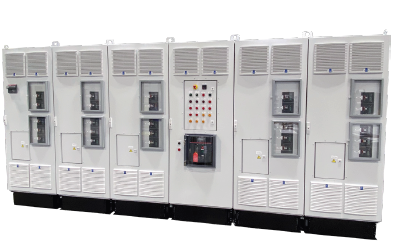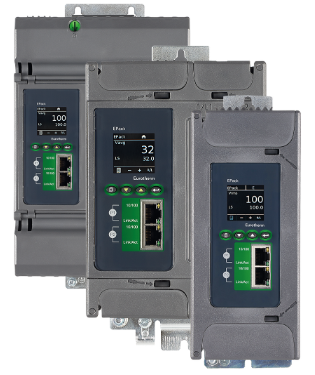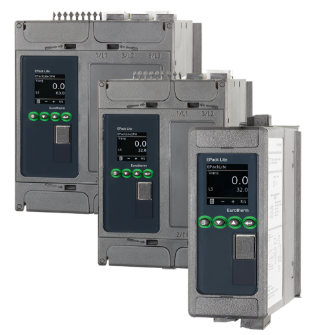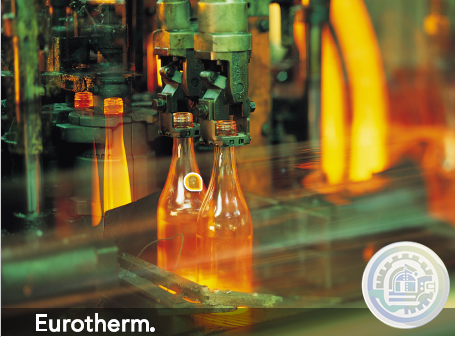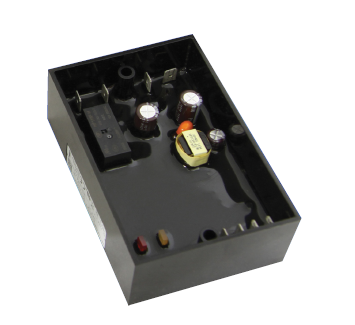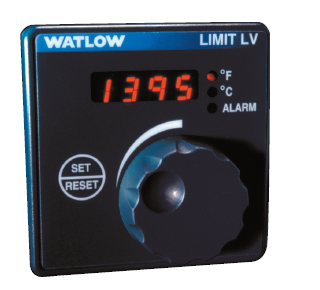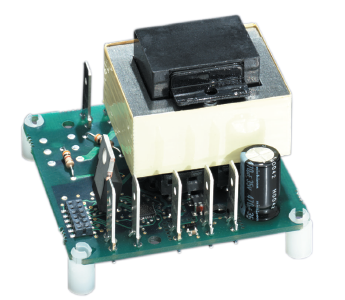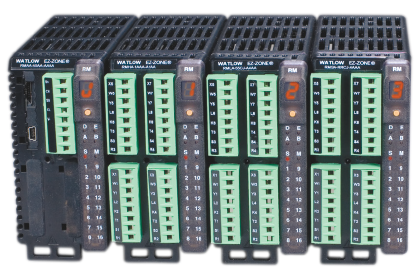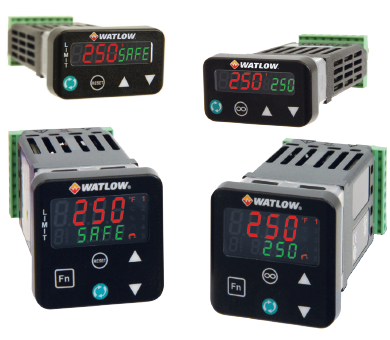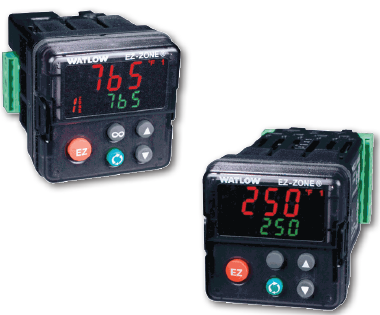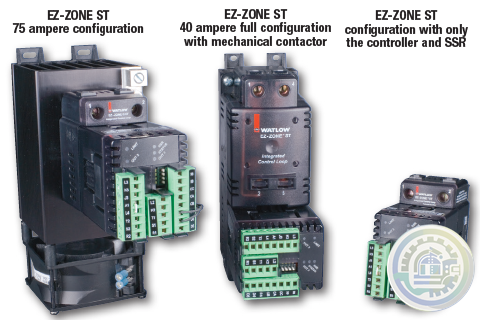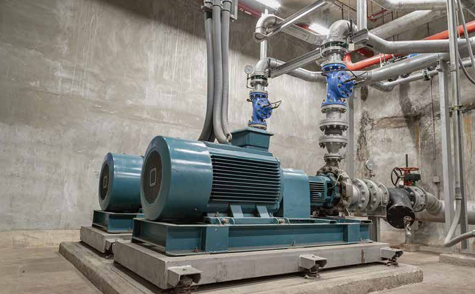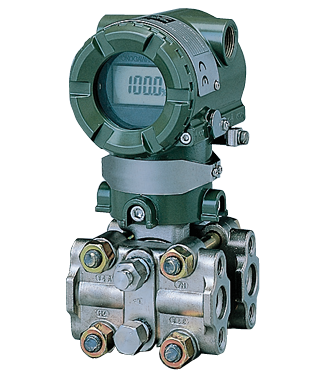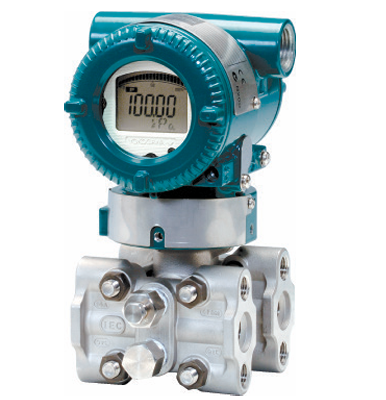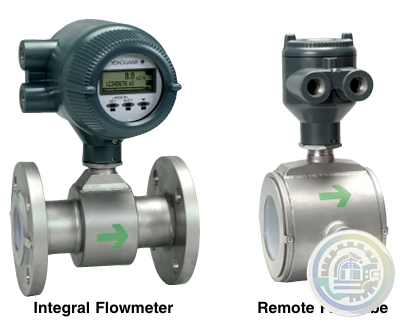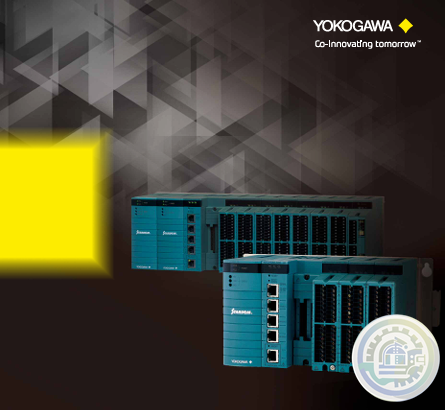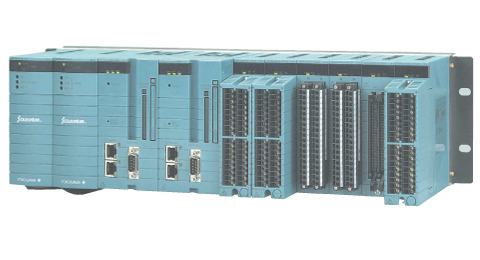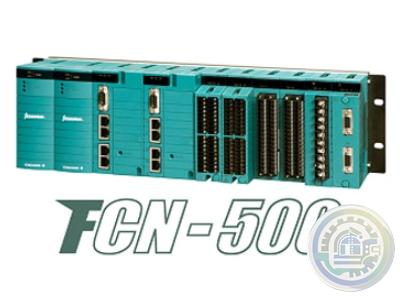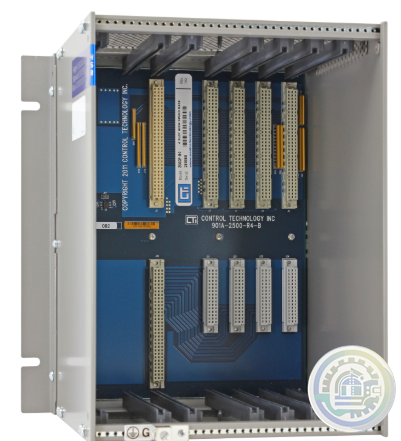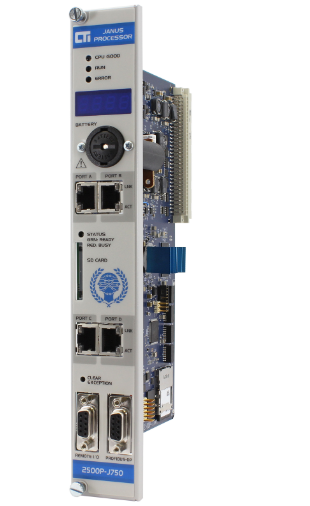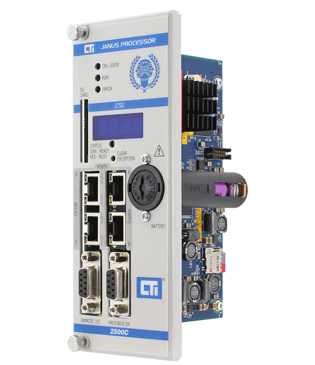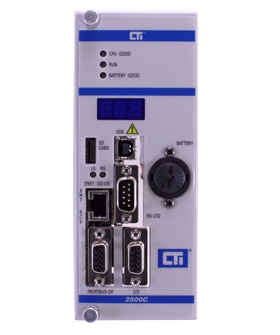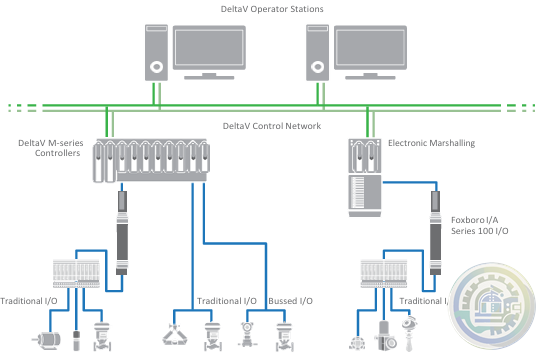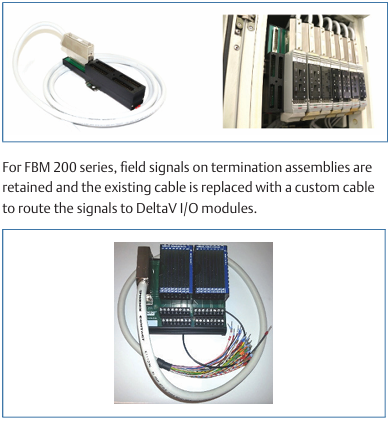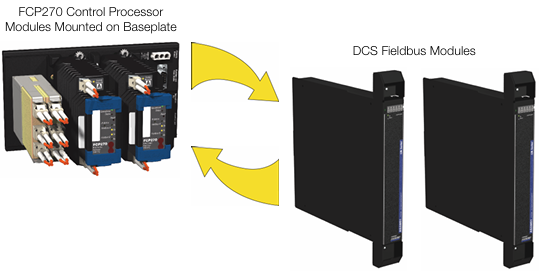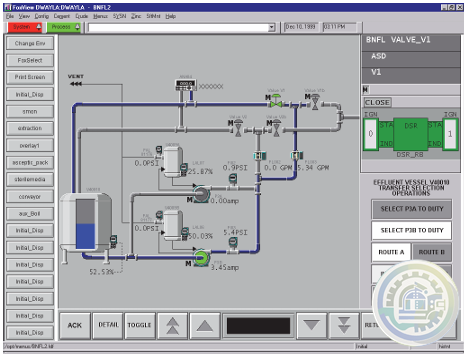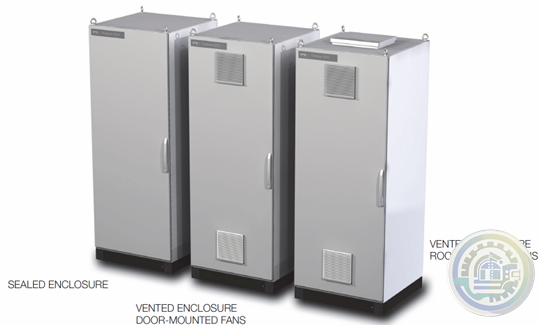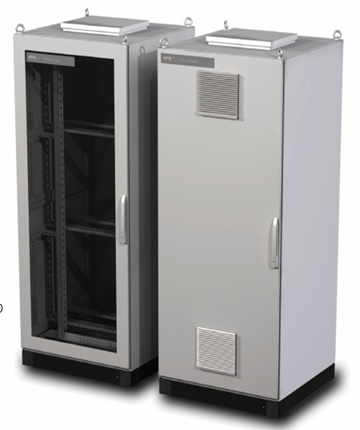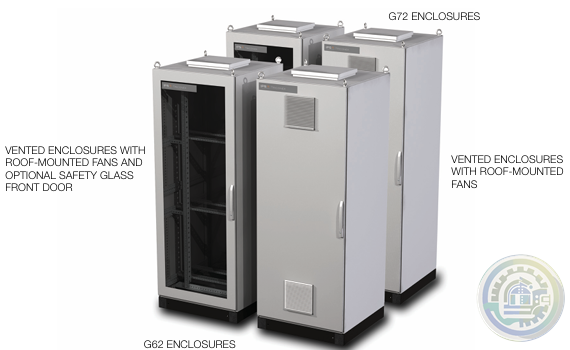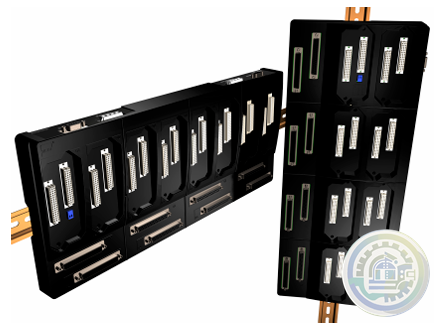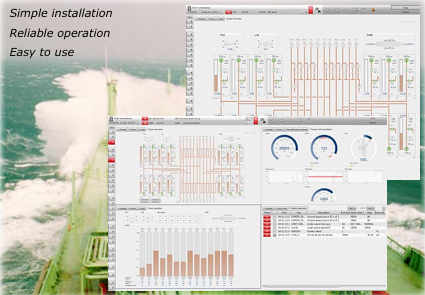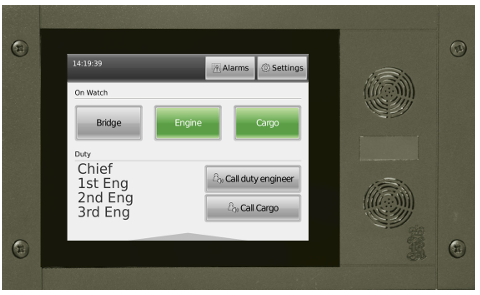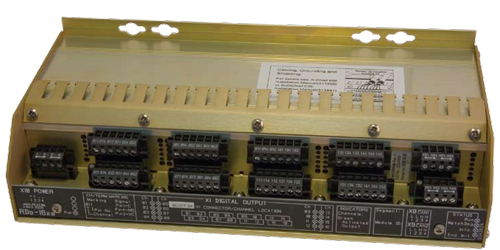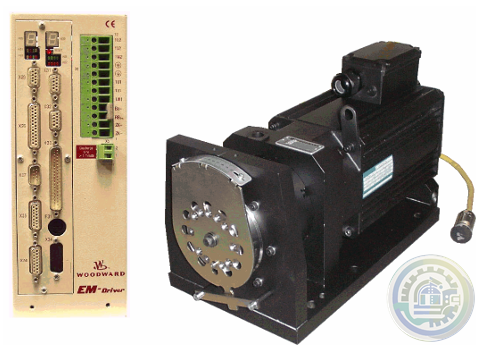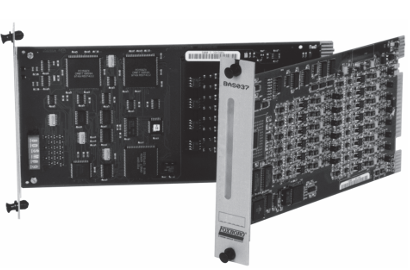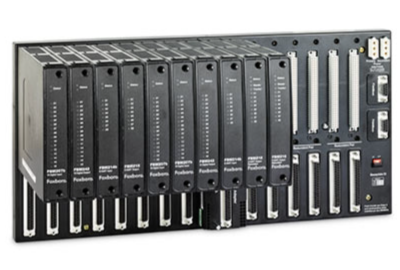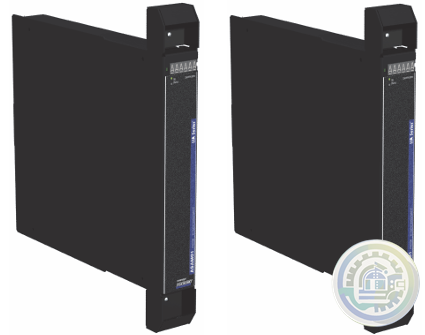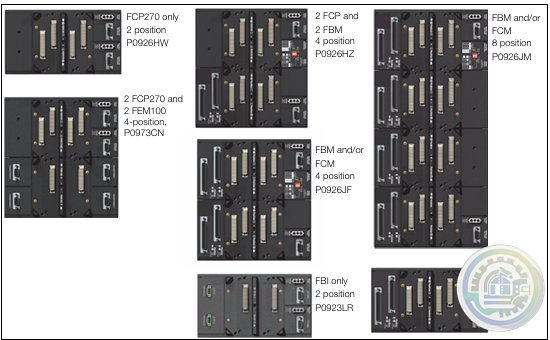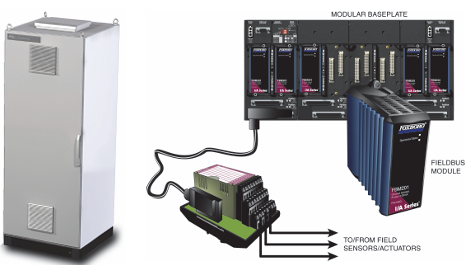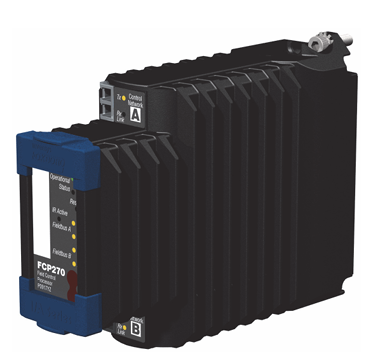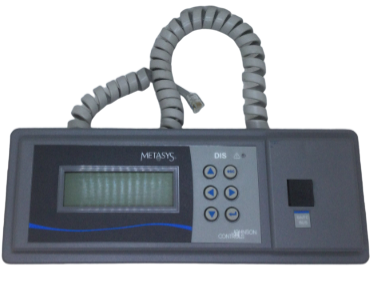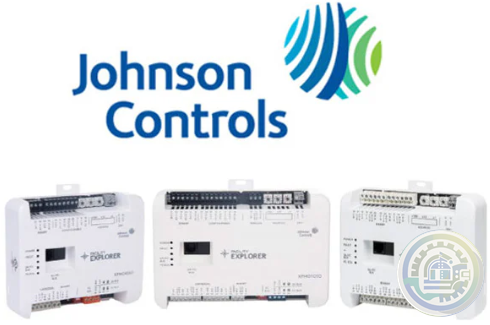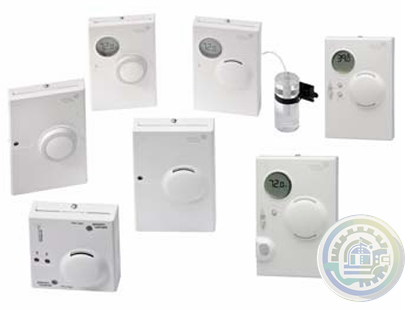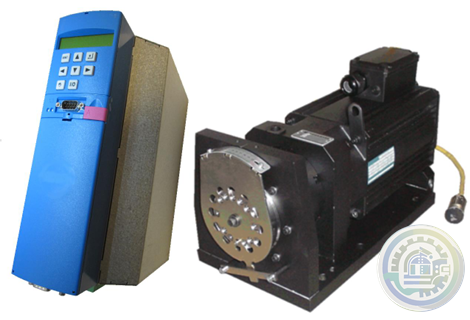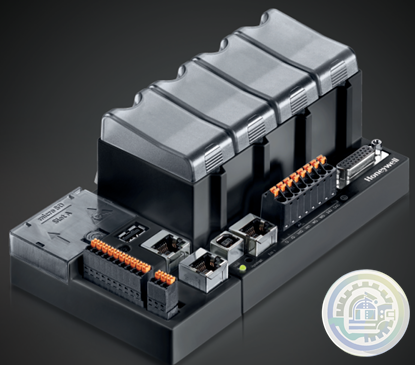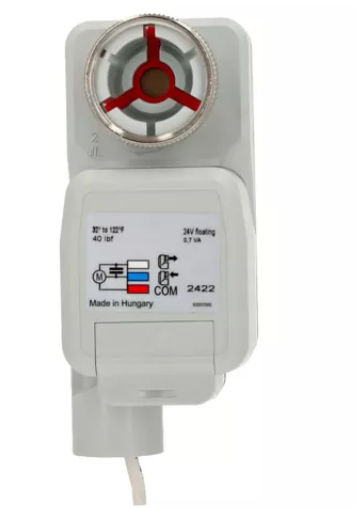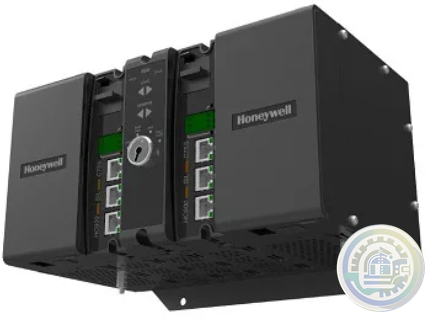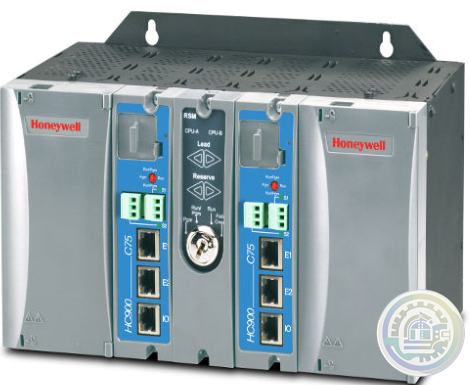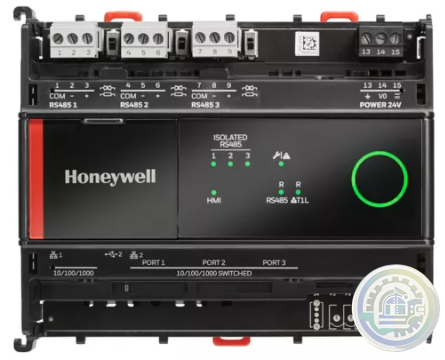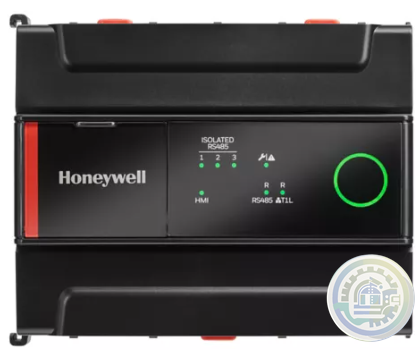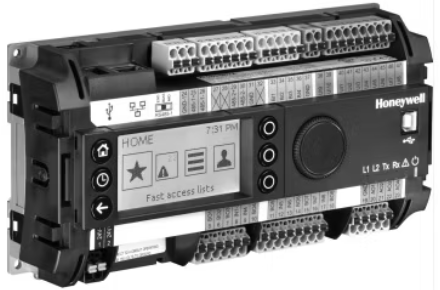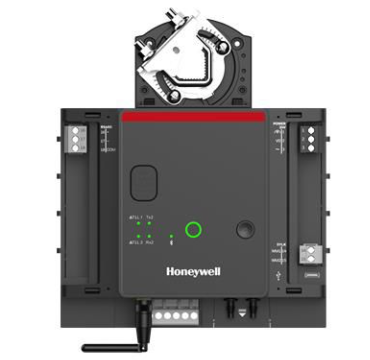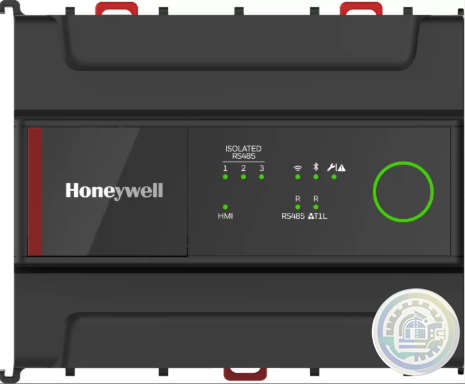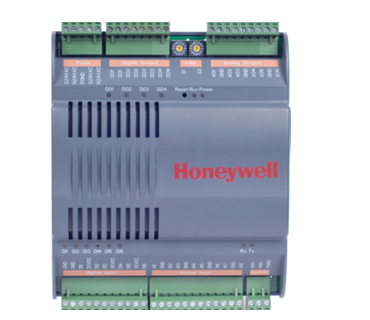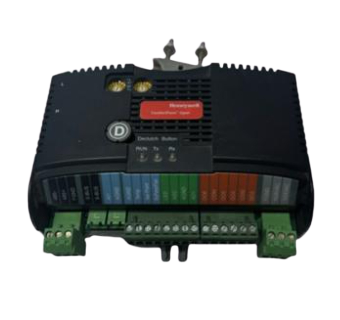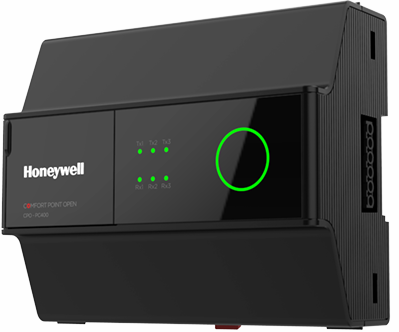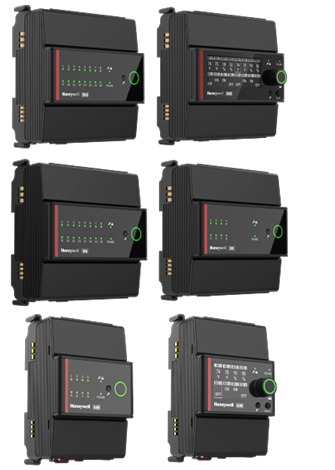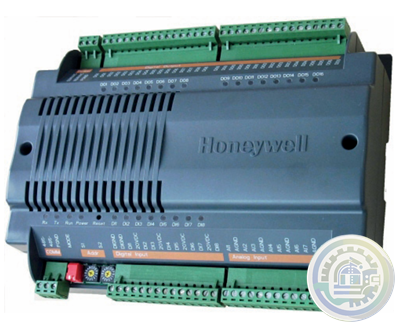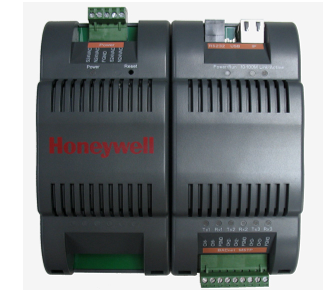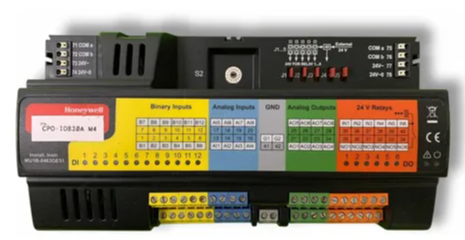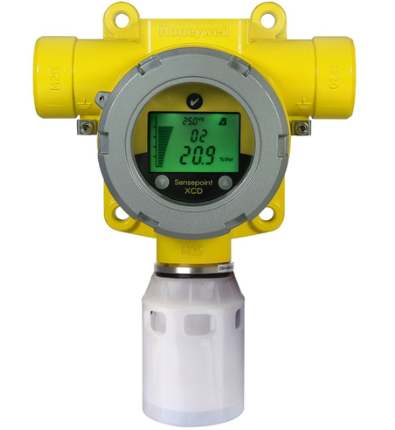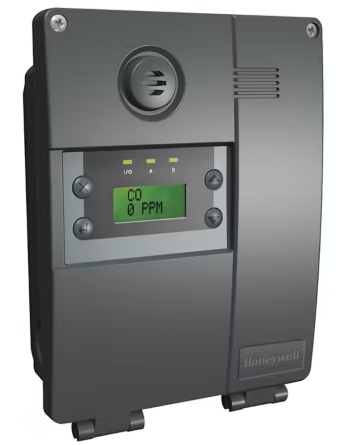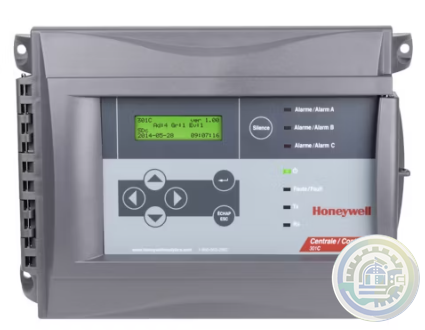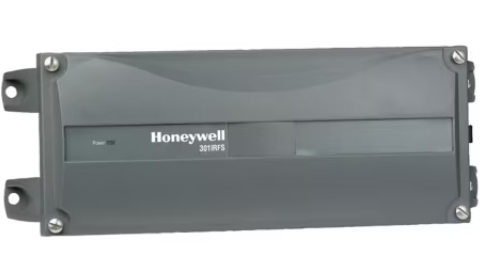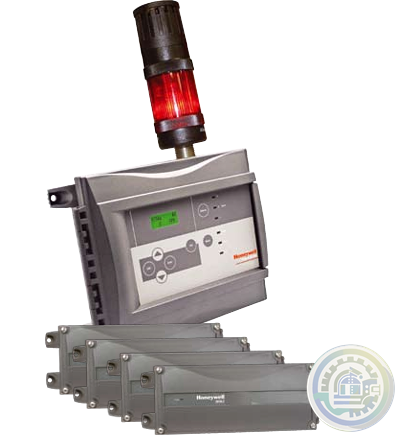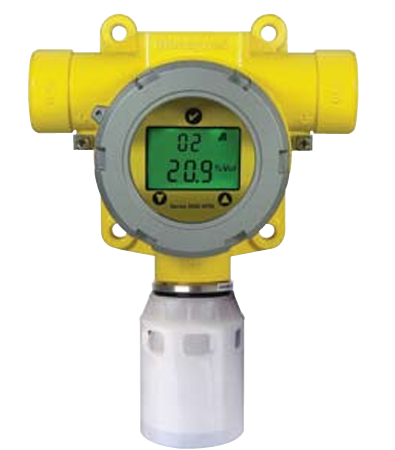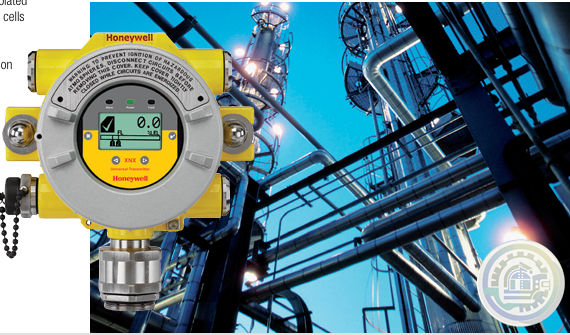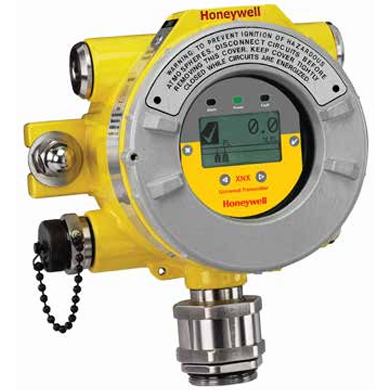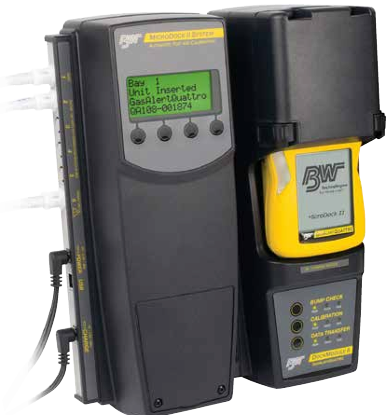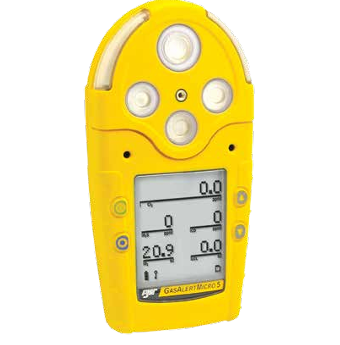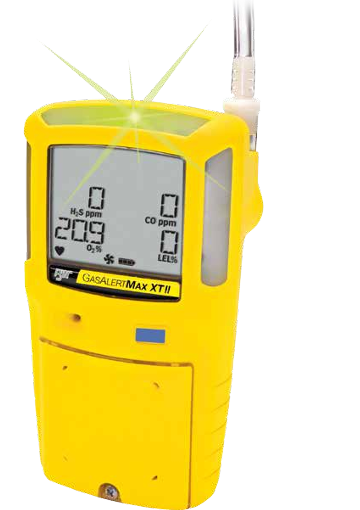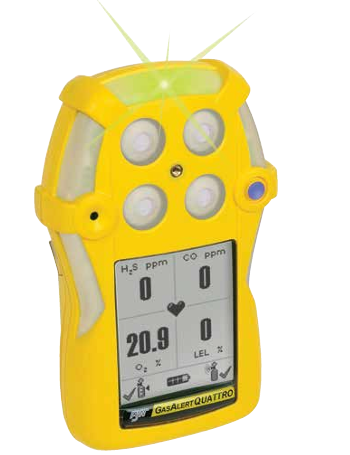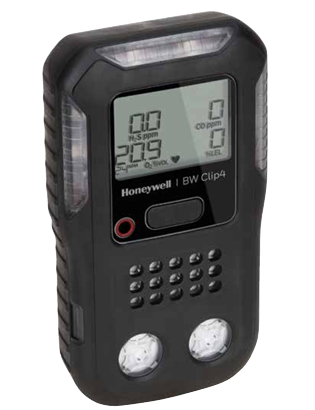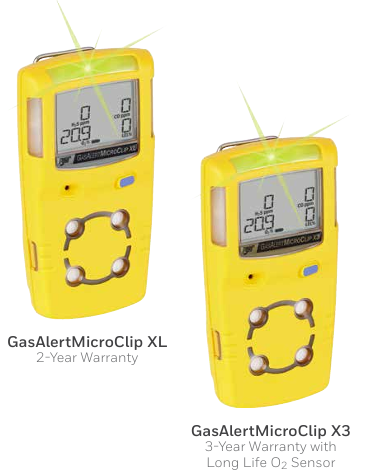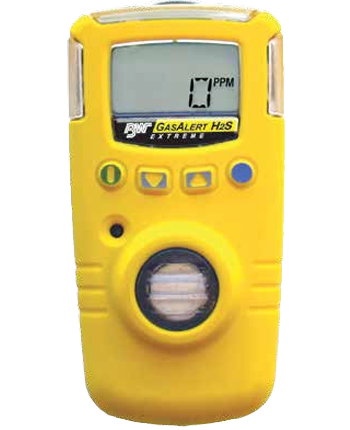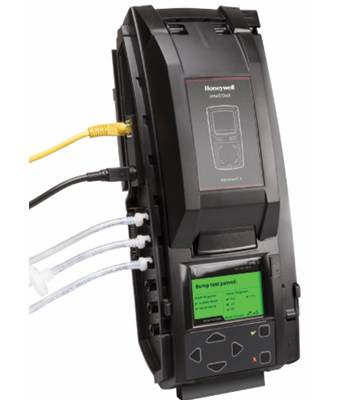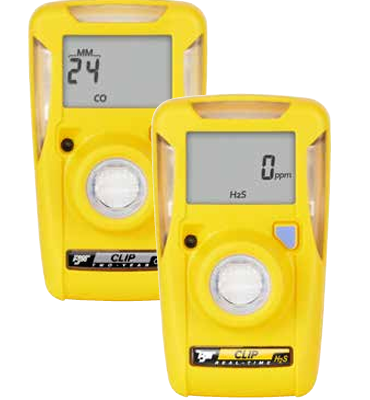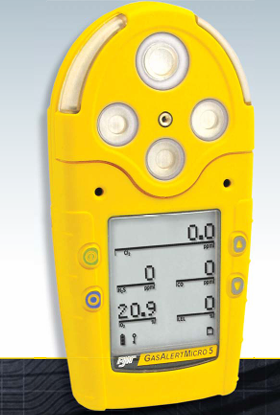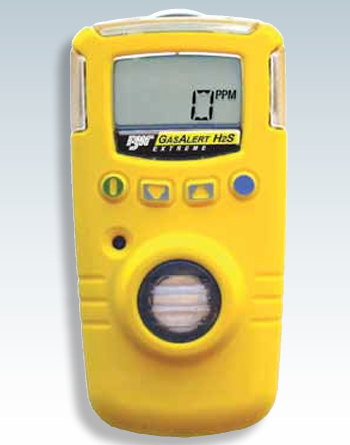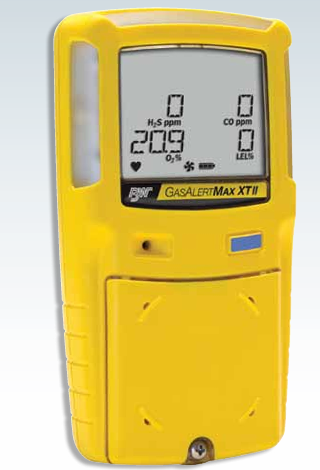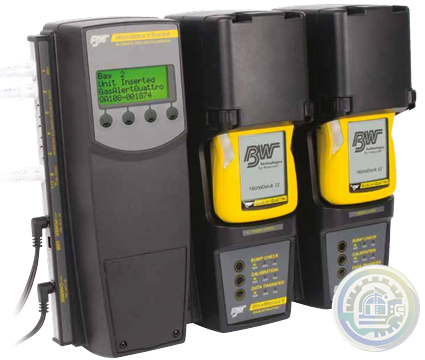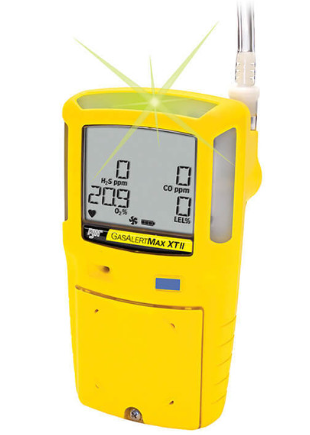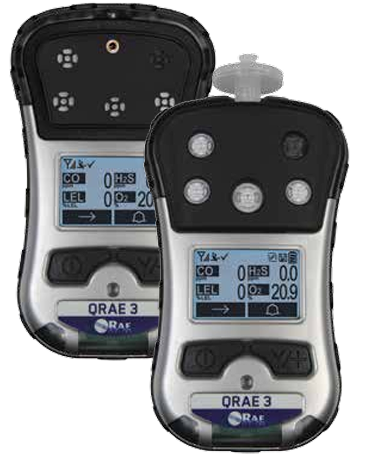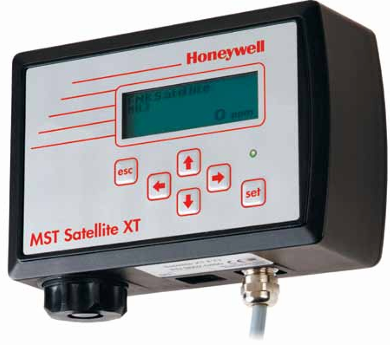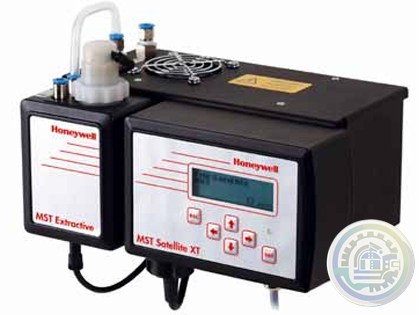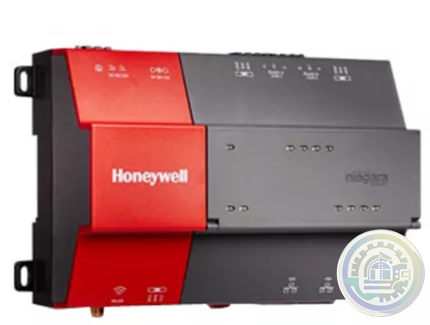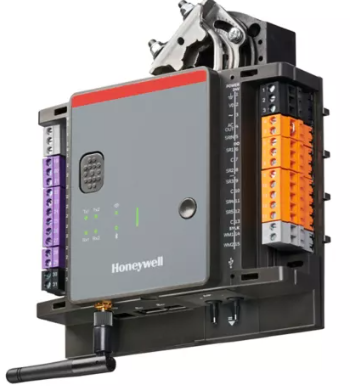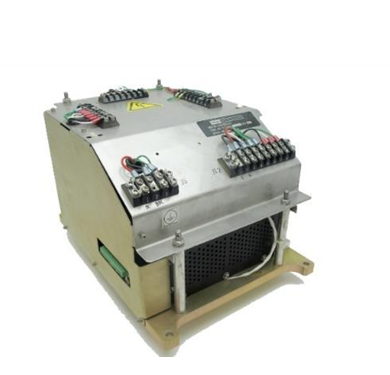-
Kollmorgen AKT2G-AC-FAN-001 fan cartridge
-
Kollmorgen AKT-AN-820-000 8-Channel Analog Input Terminal
-
Kollmorgen 4-Channel Analog Input Terminal (AKT-AN-420-000)
-
METSO D201379 PC Board PLC & ADD-ON Board
-
Metso PDP403 Distributed Processing Unit
-
Alfa Laval EPC 60 Retrofit kit
-
ABB Digital annunciator unit SACO 64D4
-
ABB Model 264DD Differential/Gauge
-
ABB Alarm annunciators
-
ABB SACO 16 A3 Analog Annunciator Unit
-
Kollmorgen AKD PDMM® Programmable Drive, Multi-Axis Master
-
Kollmorgen PCMM: Programmable Controller, Multi-Axis Master
-
Kollmorgen PCMM2G: Next-Generation Performance in a Powerful, Compact Controller
-
Kollmorgen P80630 Stepper Drive
-
Kongsberg Maritime System and vessel conversions
-
ADLINK CPCI-3840 3U CompactPCI Intel® Pentium® M Processor Module
-
ABB Digital Annunciator Unit SACO 16D1
-
ABB SACO16D1-AA Digital Annunciator Unit
-
Kongsberg HIPAP® 352P PORTABLE HIGH PRESICION ACOUSTIC POSITIONING
-
Kongsberg MRU 5 Motion Reference Unit
-
Kongsberg MRU 5+ Motion Reference Unit
-
Kongsberg KONGSBERG MARITIME PROPULSION SYSTEMS Active Front End (AFE)
-
Kongsberg HiPAP 352P Portable acoustic positioning system
-
Kongsberg EA600 New generation precision hydrographic echo sounder
-
Kongsberg Digital Governor Unit (DGU) AutoChief® 600
-
Kongsberg AutoChief® 600 Propulsion Control System
-
Kongsberg K-Chief Vessel Automation System
-
Kongsberg AIS BS600 Automatic Identification System - Base Station
-
Kongsberg K-Chief 600 Alarm and Command Panel
-
Kongsberg Tunnel Thrusters Type TT FP
-
Kongsberg AutoChief®600 Lever Telegraph Unit (LTU11)
-
YOKOGAWA Model AW810D Wide Area Communication Router
-
Watlow Eurotherm® 3200 Temperature/Process Controller
-
Watlow EtherCAT®, Fiber Optic Temperature Measurement and Control System
-
Watlow EZ-ZONE® RM Modular Controller Family
-
Watlow EFit SCR Power Controller
-
Watlow Basic Temperature and Limit Controllers
-
Watlow’s New WATCONNECT® Control Panels
-
Watlow EPack-2PH Compact SCR Power Controllers
-
Watlow Large and Extra-Large WATCONNECT® Panels
-
Watlow Eurotherm® EPack™ compact SCR power controllers-1PH -2PH -3PH
-
Watlow Eurotherm® EPack™ Lite Compact SCR Power Controllers
-
Watlow EPack™ Lite-1PH Compact SCR Power Controllers
-
Watlow’s new SERIES LS offers fixed limit set point temperature values
-
Watlow The SERIES LV limit family
-
Watlow’s family of microprocessor- based limit controllers SERIES LF
-
Watlow The EZ-ZONE RM controller simplifies thermal system management
-
Watlow The PM LEGACY™ series panel mount controller
-
Watlow EZ-ZONE® Remote User Interface (RUI)
-
Watlow Silver Series EM Operator Interface Terminal
-
The EZ-ZONE® ST integrated solid state controller from Watlow®
-
YOKOGAWA Cooling Water Pump Failure Prediction Monitoring
-
YOKOGAWA EJA Series Differential Pressure and Pressure Transmitters
-
YOKOGAWA EJA110E Diff erential Pressure Transmitter
-
YOKOGAWA AXF Magnetic Flowmeter Series
-
YOKOGAWA Turbomachinery Controller Overview (FCN-500/FCN-RTU)
-
YOKOGAWA STARDOM FCN-RTU Autonomous Controller
-
YOKOGAWA FCN Autonomous Controller Hardware (FCN-100)
-
YOKOGAWA STARDOM FCN-500 Autonomous Controller
-
CTI 2500-R4 Four-Slot Base with High-Speed Channel
-
CTI 2500P-J750 Janus PAC with 3MB Project Memory
-
CTI 2500C-J750“Janus”Compact Programmable Automation Controller
-
CTI 2500 Series® Compact Programmable Controllers
-
Emerson DeltaV™ Flex.Connect Solutions for Foxboro™ I/A Series 100 I/O
-
Emerson Modernization of Foxboro I/A Series® Systems to the DeltaV™ System
-
Foxboro DCS Fieldbus Modules for APACS+™ Automation Systems
-
Foxboro Evo™ Process Automation System
-
Foxboro™ DCS G61 Tricon Termination Enclosure
-
Foxboro G60 Tricon System Enclosure I/A Series® HARDWARE
-
Foxboro G62 and G72 Tricon System and Termination Enclosures
-
Foxboro I/A Series® Hardware DIN Rail Mounted Fieldbus Module Baseplate
-
Kongsberg K-Chief 600 Marine automation system
-
Kongsberg WCC 600 Watch Call Panels
-
Kongsberg Distributed Processing Units Remote Digital Output (RDo-16xe)
-
Woodward EM‐80 and EM‐300 Actuators All‐Electric Actuator System
-
Foxboro DCS FBM for Migration of Bailey® Systems
-
Foxboro Migration with FCP280 and DCS FBMs
-
Foxboro DCS Fieldbus Modules for Siemens APACS+™ Automation Systems
-
Foxboro 200 Series Baseplate Module Mounting
-
Foxboro Standard 200 Series Subsystem Overview
-
Foxboro Field Control Processor 270 (FCP270)
-
Johnson Controls DIS1710 Local Controller Display Installation Instructions
-
Johnson Controls FX-DIS Local Controller Display
-
Johnson Controls WRZ Series Wireless Room Sensors
-
Woodward EM-80/EM-300 Actuator System
-
Honeywell ControlEdge™ PLC Modular Controllers
-
Honeywell CONTROLEDGE PCD Compact, Cyber Secure Control System
-
Honeywell M6410A, M7410F Non-Spring Return Cartridge Globe Valve Actuator
-
Honeywell ControlEdge™ HC900 How Does It Work?
-
Honeywell ControlEdge HC900 controller
-
Honeywell HC900 Functional Overview
-
Honeywell Optimizer Advanced Controllers are a family of next generation integration & plant controllers
-
Honeywell Optimizer Advanced Controller
-
Honeywell Excel Web II Control System
-
Honeywell CPO-PLANT Controller area of the site
-
Honeywell ComfortPoint Niagara T1L VAV Controller
-
Honeywell ComfortPoint™ Open Plant Controller
-
Honeywell ComfortPoint Open CP-EXPIO (EXPANSION IO BOARD)
-
Honeywell ComfortPoint Open CPO-VAV2A-US (UNITARY CONTROLLER)
-
Honeywell ComfortPoint™ Open CPO-PC400 Plant Controller
-
Honeywell I/O MODULES EXPANSION MODULES & WIRING ADAPTER
-
Honeywell CPO-DIO ComfortPoint Open (DIGITAL I/O CONTROLLER)
-
Honeywell CP-Core ComfortPoint Open
-
Honeywell CPO-IO830A ComfortPoint Open MIXED I/O MODULE
-
Honeywell Sensepoint XCD
Current Location:
- Baldor
- Glassman
- Johnson Controls
- Studer
- Watlow
- AEG
- ADVANCED
- KEBA
- Bristol Babcock
- Rolls-Royce
- Aerotech
- APPLIED MATERIALS
- Basler
- SAACKE
- BENDER
- Kollmorgen
- MEGGITT
- METSO
- MITSUBISHI
- MTL
- HIMA
- Siemens
- BACHMANN
- AMAT
- DEIF
- DELTATAU
- EATON
- ELAU
- LAM
- SCHNEIDER
- Advantest
- ABB
- GE
- Emerson
- Motorola
- A-B
- KUKA
- Abaco
- HITACHI
- SST
- Vibro-Meter
- Rexroth
- Prosoft
- DFI
- Scanlab
- Reliance
- Parker
- Woodward
- MOOG
- NI
- FOXBORO
- Triconex
- Bently
- ALSTOM
- YOKOGAWA
- B&R
- UNIOP
- KONGSBERG
- Honeywell
- Omron
- CTI
- EPRO
66
Product parameters
- Tell:+86-18144100983
- email:kongjiangauto@163.com
- Application:wind/ petroleum/ chemical/ natural gas/ Marine/ mining/ aviation/ electronics/ steel/ nuclear power/ electric power/ coking/ air separation and so on
- Series:PLC/ DCS/ servo/ analog/ Ethernet/ digital/ redundant module/ tension system/ excitation/ generator management/ human-machine interface/ detection card/ sensor/ AC drive/ etc
Feature
**ABB 720073-1: Robust Solutions for Power, Petrochemical, and Automation Applications**
The ABB 720073-1 is a premier component designed to meet the rigorous demands of the power industry, petrochemical sector, and general automation applications. Known for its outstanding performance metrics and high durability, this model is engineered to deliver reliable operation in challenging environments.
**Key Technical Features**
The ABB 720073-1 boasts impressive input/output capacity, facilitating seamless integration into existing systems while ensuring optimal performance. It operates within a wide temperature range, ensuring functionality in both extreme heat and cold, which is critical for industrial settings. The unit is built with high-quality materials that offer excellent resistance to wear, corrosion, and other environmental factors, enhancing its longevity and reducing maintenance needs.
Performance metrics for the ABB 720073-1 include a high processing speed that allows for real-time data processing and fast response times, which are vital in applications where timing is crucial. Furthermore, its energy efficiency contributes to lower operational costs, making it a smart choice for businesses looking to optimize their energy consumption.
In the power industry, the ABB 720073-1 excels in monitoring and controlling electrical systems, ensuring stability and efficiency. Its application in petrochemical facilities is equally remarkable, where it manages complex processes and ensures safety through precise control mechanisms. In general automation contexts, the ABB 720073-1 is integral in enhancing productivity and reliability, allowing organizations to streamline operations effectively.
For instance, in a petrochemical plant, ABB 720073-1 can be utilized for real-time monitoring of chemical processes, ensuring that production adheres to safety and quality standards. Similarly, in power generation facilities, it plays a critical role in the control of power distribution, contributing to grid stability. Its adaptability makes it suitable for various automation scenarios, from assembly lines to process control systems.
**Comparison with Other ABB Models**
When compared to other ABB models such as the ABB PM581-ETH and ABB PM595-4ETH-F, the ABB 720073-1 stands out due to its focused design tailored for high-demand industrial applications. While the PM581-ETH excels in Ethernet communication, the 720073-1 offers superior durability and performance metrics, making it more suitable for harsh environments. Additionally, whereas the ABB DSQC601 is primarily aimed at robotic applications, the 720073-1 provides versatility across a broader spectrum, including power and petrochemical applications.
**Complementary Models**
The performance of the ABB 720073-1 can be enhanced when used alongside several related models. For example, incorporating the ABB ACS880 drives can optimize motor control in automation applications, while the ABB AI523 module can provide advanced analytics capabilities. The ABB 1SBL411022R8600 and ABB 1SBL347001R1300 are excellent companions for data acquisition and processing, ensuring that the ABB 720073-1 operates at peak efficiency. Additionally, the ABB 3BSE018732R1 can be integrated for enhanced control systems, providing a holistic approach to automation.
Models like the ABB 3BHE032285R0102 and ABB 3BSE029997R0001 add even more functionality, offering advanced features that complement the ABB 720073-1's capabilities. The ABB TU551-CS31 can also be paired for improved communication in automation networks, ensuring that the ABB 720073-1 remains connected and effective in diverse industrial applications.
**Conclusion**
In conclusion, the ABB 720073-1 is a robust and reliable solution for the power industry, petrochemical applications, and general automation needs. Its unique technical features, combined with real-world performance and compatibility with other ABB automation products, make it an invaluable asset for any industrial operation. By integrating the ABB 720073-1 into your systems, you can enhance performance, ensure safety, and optimize operational efficiency.
The ABB 720073-1 is a premier component designed to meet the rigorous demands of the power industry, petrochemical sector, and general automation applications. Known for its outstanding performance metrics and high durability, this model is engineered to deliver reliable operation in challenging environments.
**Key Technical Features**
The ABB 720073-1 boasts impressive input/output capacity, facilitating seamless integration into existing systems while ensuring optimal performance. It operates within a wide temperature range, ensuring functionality in both extreme heat and cold, which is critical for industrial settings. The unit is built with high-quality materials that offer excellent resistance to wear, corrosion, and other environmental factors, enhancing its longevity and reducing maintenance needs.
Performance metrics for the ABB 720073-1 include a high processing speed that allows for real-time data processing and fast response times, which are vital in applications where timing is crucial. Furthermore, its energy efficiency contributes to lower operational costs, making it a smart choice for businesses looking to optimize their energy consumption.

In the power industry, the ABB 720073-1 excels in monitoring and controlling electrical systems, ensuring stability and efficiency. Its application in petrochemical facilities is equally remarkable, where it manages complex processes and ensures safety through precise control mechanisms. In general automation contexts, the ABB 720073-1 is integral in enhancing productivity and reliability, allowing organizations to streamline operations effectively.
For instance, in a petrochemical plant, ABB 720073-1 can be utilized for real-time monitoring of chemical processes, ensuring that production adheres to safety and quality standards. Similarly, in power generation facilities, it plays a critical role in the control of power distribution, contributing to grid stability. Its adaptability makes it suitable for various automation scenarios, from assembly lines to process control systems.
**Comparison with Other ABB Models**
When compared to other ABB models such as the ABB PM581-ETH and ABB PM595-4ETH-F, the ABB 720073-1 stands out due to its focused design tailored for high-demand industrial applications. While the PM581-ETH excels in Ethernet communication, the 720073-1 offers superior durability and performance metrics, making it more suitable for harsh environments. Additionally, whereas the ABB DSQC601 is primarily aimed at robotic applications, the 720073-1 provides versatility across a broader spectrum, including power and petrochemical applications.
**Complementary Models**
The performance of the ABB 720073-1 can be enhanced when used alongside several related models. For example, incorporating the ABB ACS880 drives can optimize motor control in automation applications, while the ABB AI523 module can provide advanced analytics capabilities. The ABB 1SBL411022R8600 and ABB 1SBL347001R1300 are excellent companions for data acquisition and processing, ensuring that the ABB 720073-1 operates at peak efficiency. Additionally, the ABB 3BSE018732R1 can be integrated for enhanced control systems, providing a holistic approach to automation.
Models like the ABB 3BHE032285R0102 and ABB 3BSE029997R0001 add even more functionality, offering advanced features that complement the ABB 720073-1's capabilities. The ABB TU551-CS31 can also be paired for improved communication in automation networks, ensuring that the ABB 720073-1 remains connected and effective in diverse industrial applications.
**Conclusion**
In conclusion, the ABB 720073-1 is a robust and reliable solution for the power industry, petrochemical applications, and general automation needs. Its unique technical features, combined with real-world performance and compatibility with other ABB automation products, make it an invaluable asset for any industrial operation. By integrating the ABB 720073-1 into your systems, you can enhance performance, ensure safety, and optimize operational efficiency.
Purchase history
| User name | Member Level | Quantity | Specification | Purchase Date |
|---|
Total 0 Record
Customer Reviews
Satisfaction :
5 Stars
No evaluation information


66
How to install and debug this product? Matters needing attention
Open the manual and programming software, use the new version, upload the data and programs, save the computer, continue downloading! For details, please consult the technical service provider!
Please do not listen to the advice of non-professional engineers! Cause equipment damage!
Please do not listen to the advice of non-professional engineers! Cause equipment damage!
Where can I download the manual and programming software?
Product official website, official hotline and contact sales or technical engineers.
Is it in stock or need to be ordered?
There will generally be inventory, but it does not rule out that the website inventory has been sold and not updated. Please consult customer service.
Can you provide technical service?
Need to see the product type and site conditions, equipment damage, humanities and other factors, please inform us, we will provide you with a suggestion!
Where can I order this series?
Please see the contact information of the website, official channels, and consulting customer service! Thank you for your cooperation!
Do you have product selection list and pre-sale service?
It can be downloaded from local agents, technical service companies, and the official website (pdf). Some special products are excluded. Please contact us as appropriate.


Let's Communicate
Call the enterprise hotline customer service consultant is waiting for you online
wechat/whatsapp:
Contact Business
Talk to a customer service consultant now about what you need to know
Positive message
Leave us a message and a customer service consultant will contact you within 24 hours
Wechat
Whatsapp
Email: kongjiangauto@163.com
-
Vibro-meter vmf-RLC16-V111 200-570-101-015 200-570-000-111 Relay Card
-
Vibro-meter vmf-IOC4T 200560-101-017 200-560-000-111 I/O module
-
vmf cpum vmf-cmc16 200-530-111-013 200-530-100-014 Vibro-meter Monitoring system Modulee
-
Vibro-meter 200-595-045-114 | CPUM | Vibration Processor Module
-
Vibro-meter SIM-275A 200-582-500-013 state-of-the-art protection and monitoring module
Copyright © 2009 - 2024 Cld , All Rights Reserved K-JIANG All rights reserved














